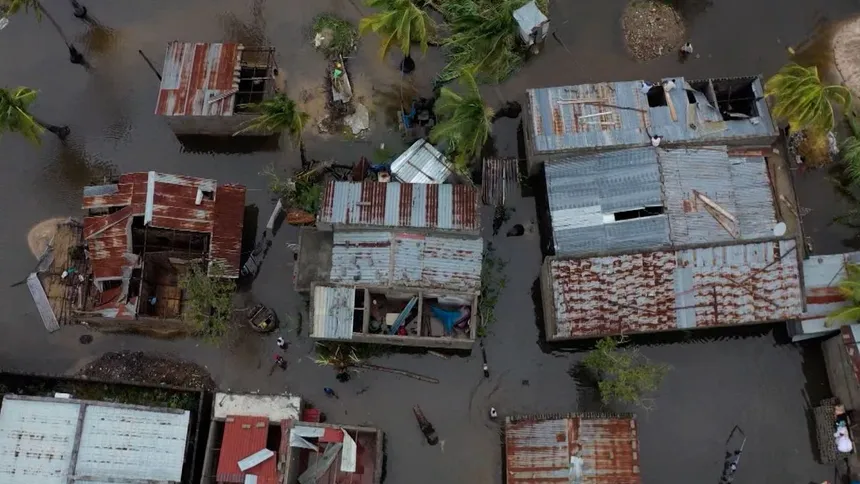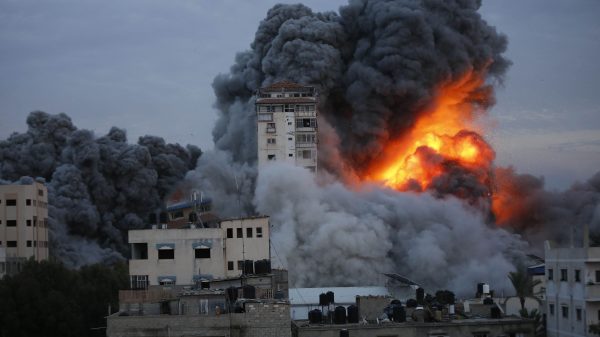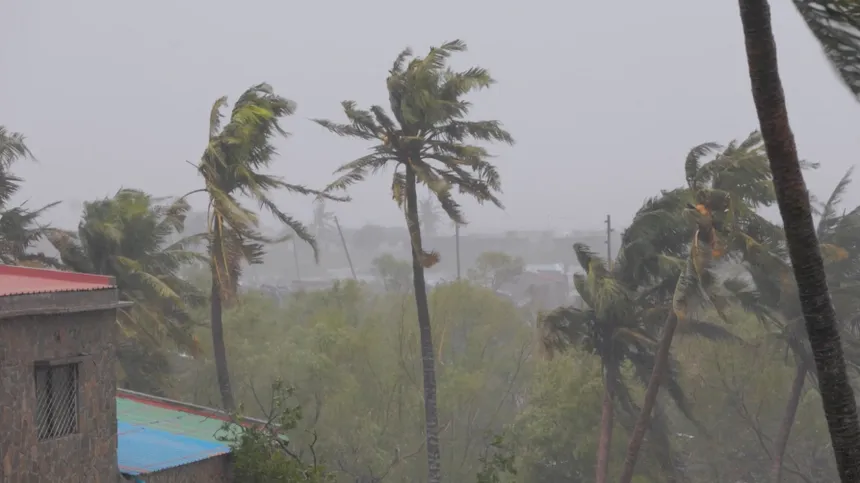The World Health Organisation (WHO) has reported a staggering death toll of over 600 people from Tropical Cyclone Freddy, which has ravaged Madagascar, Malawi, and Mozambique over the past two months. The cyclone has left an “appalling humanitarian situation in its wake”, causing extensive damage to infrastructure, including homes, roads, farmland, and hospitals. The United Nations children’s agency, Unicef, has warned of a potential increase in cholera cases, stating that millions of children and their families are now vulnerable to the waterborne illness.
The cyclone has further exacerbated the situation, as Malawi and Mozambique were already struggling with a cholera outbreak, which has resulted in over 68,000 cases across 12 countries in southern and eastern Africa this year alone. In Malawi, cholera had already killed over 1,600 people, and in Mozambique, cholera cases have risen almost four-fold to around 11,000 since February. This dire humanitarian situation is compounded by the fact that Malawi and Mozambique were already facing significant food security challenges, with an estimated four million people affected by the cyclone, including over 500,000 people displaced and living in temporary shelters.
Tropical Cyclone Freddy has also left a trail of destruction in Mozambique, where extensive infrastructure has been destroyed, and about 350,000 hectares of farmland have been damaged. The World Food Programme (WFP) is struggling to reach desperate communities, where roads have been damaged, and more than 160,000 people are living in temporary shelters. The cyclone’s impact on food security is twofold, as it has not only destroyed crops but also disrupted the distribution of food aid.

Tropical Cyclone Freddy
Experts warn that warming temperatures are making cyclones wetter, more intense, and more frequent, and that sub-Saharan Africa, with its weak economies and infrastructure, is particularly vulnerable to the effects of climate change. The World Health Organisation has reported that the cyclone has worsened the water situation, with millions of people without access to safe water, increasing the risk of waterborne diseases such as cholera.
As aid agencies scramble to meet the soaring humanitarian needs, concerns are growing about the potential for a large-scale cholera outbreak, malnutrition, and displacement. The fate of millions of people hangs in the balance as they face the prospect of a prolonged and brutal humanitarian crisis. The International Committee of the Red Cross has appealed for urgent funding to support the relief efforts, as the cyclone’s impact will likely be felt for years to come. The cyclone serves as a stark reminder of the devastating impact of climate change on vulnerable communities, and the urgent need for climate-resilient infrastructure and humanitarian planning.
It is imperative that the international community comes together to support the affected communities, providing critical aid and assistance to those in need. The World Health Organisation, Unicef, the World Food Programme, and other aid agencies are working tirelessly to respond to the crisis, but their efforts are hampered by limited resources and logistical challenges. In the face of this unprecedented humanitarian crisis, it is crucial that governments, international organizations, and NGOs work together to provide timely and effective assistance to those affected by the cyclone.











































